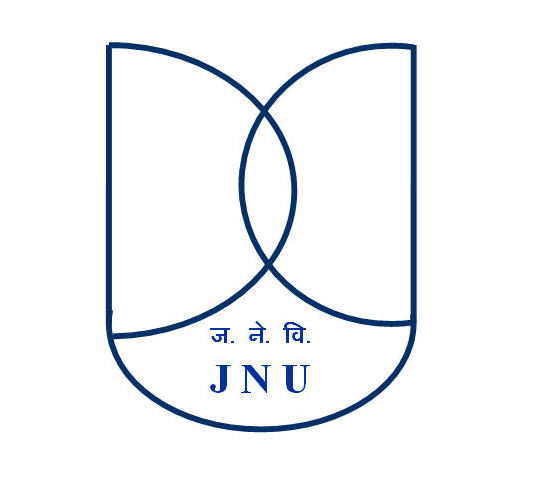
19-21 February, 2009
Centre for Linguistics, Jawaharlal Nehru University, New Delhi
| SCONLI HOME |
|---|
| CALL FOR PAPERS |
| CONFERENCE SCHEDULE |
| WORKSHOPS |
Centre for Linguistics: An Overview |
The Centre for Linguistics at Jawaharlal Nehru University is one of the leading centres for linguistics and language studies in India. The Centre focuses on core areas of linguistics such as phonetics, phonology, morphology and syntax, as well as on areas in interdisciplinary language studies such as neuro-cognitive linguistics and sociolinguistics. The Centre is known for having had expertise in Field Methods, philosophy of language and Indian linguistic tradition for the past several years. Some of the other areas of research by the faculty include language typology and sign language, with bio-linguistics being an emerging area of some common interest. The research conducted in the centre has resulted in descriptive grammars of some of the lesser known languages of Indo-Aryan, Dravidian, Austro-Asiatic including Munda, Tibeto-Burman and Andamanese. The centre has large field-based corpora on tribal and marginalized languages practically from every language family of India. The Centre in its present form was constituted in 2005, but had existed since 1974 as a group of Linguistics which merged with the Group of English and constituted the Centre of Linguistics and English in 1978. The Centre has an intake of 35 M.A., 17 M. Phil. and 3 direct Ph.D. students every year. The M.A. programme gives students a grounding in the foundational courses in theoretical and applied linguistics as well as it trains students in writing grammars, dictionaries and sociolinguistic profiles of a speech community. The Centre for Linguistics is the only centre in the country that facilitates field research in the remote areas at M.A. level. The M. Phil / Ph.D. programme is a rich and rewarding research programme open to post-graduate students from any discipline. Apart from the post-graduate courses, the Centre also offers 2-3 optional and tool courses in linguistics to undergraduate students of the School of Language, Literature and Culture Studies every semester. The Centre shares with other Centres of the School, facilities of digital language labs. It also has software for experimental phonetic studies and neuro-cognitive studies. The centre recently established a computer lab of its own in the school building. The lab has 20 high configuration computers with all furnished facilities. The lab offers students and research scholars the opportunity to conduct their computing tasks in addition to experiments useful in their research such as speech processing, NLP, etc.
|
| Sponsor(s) | ||
|
Jawaharlal Nehru University,New Delhi
|
||

